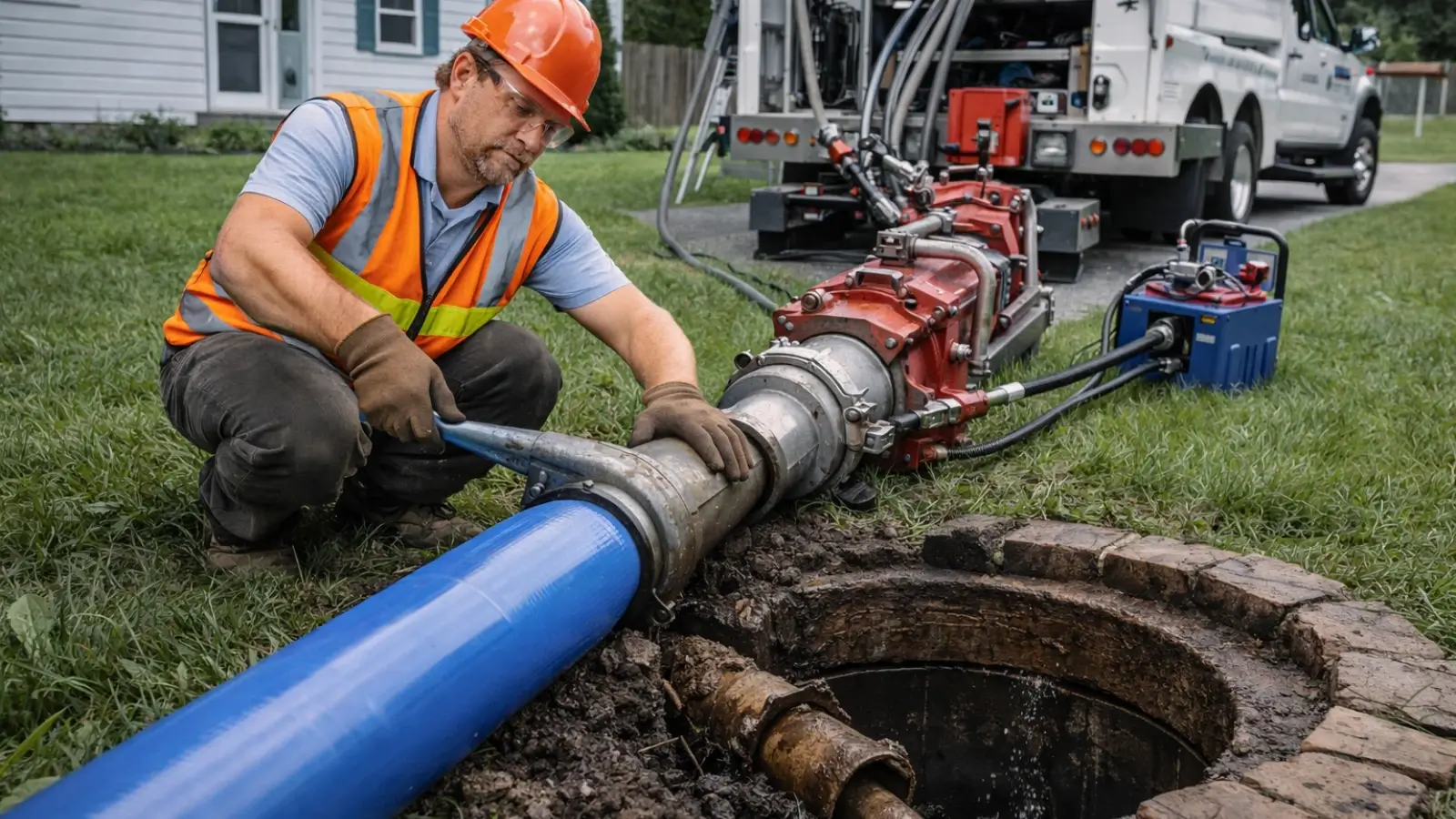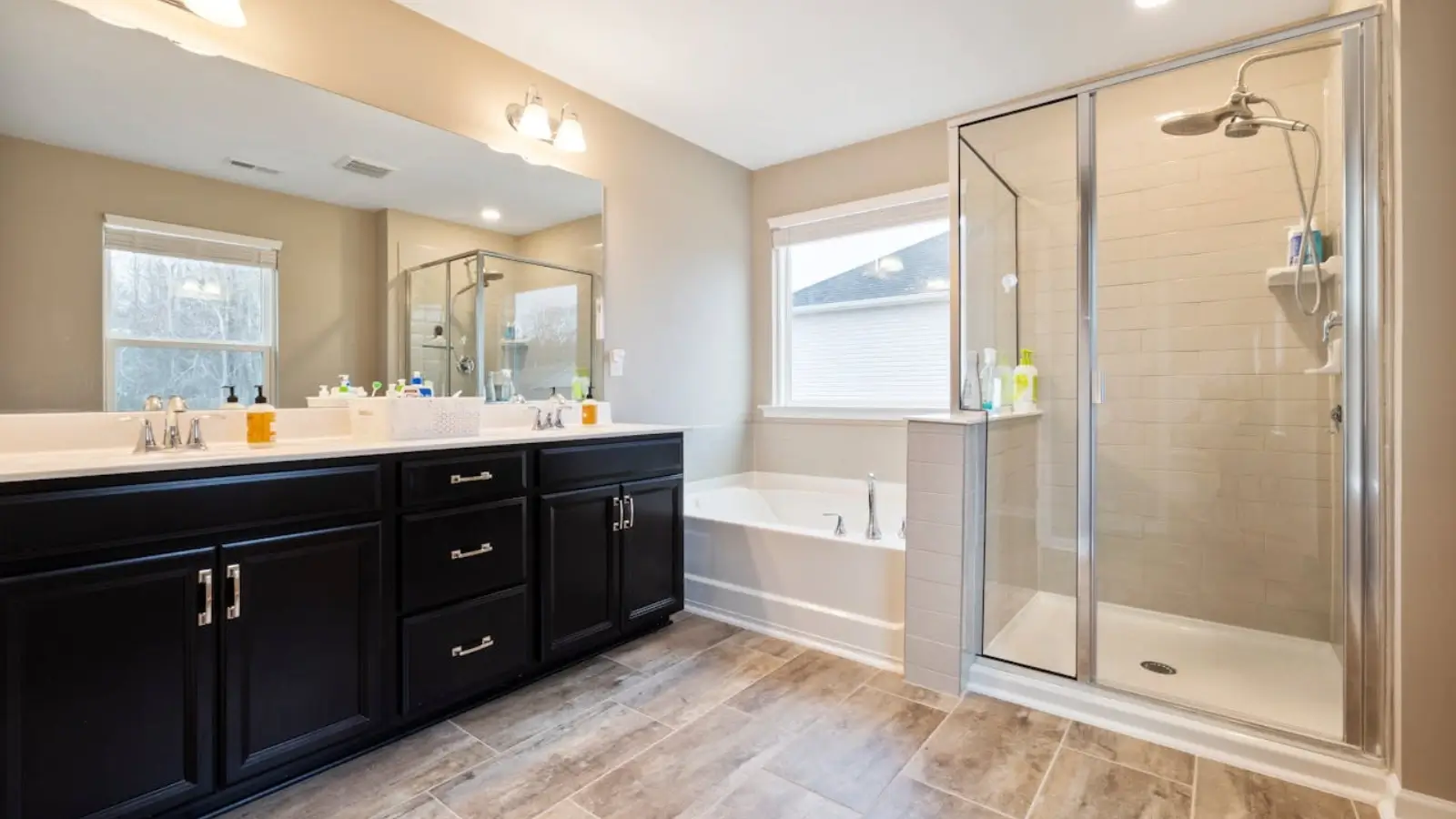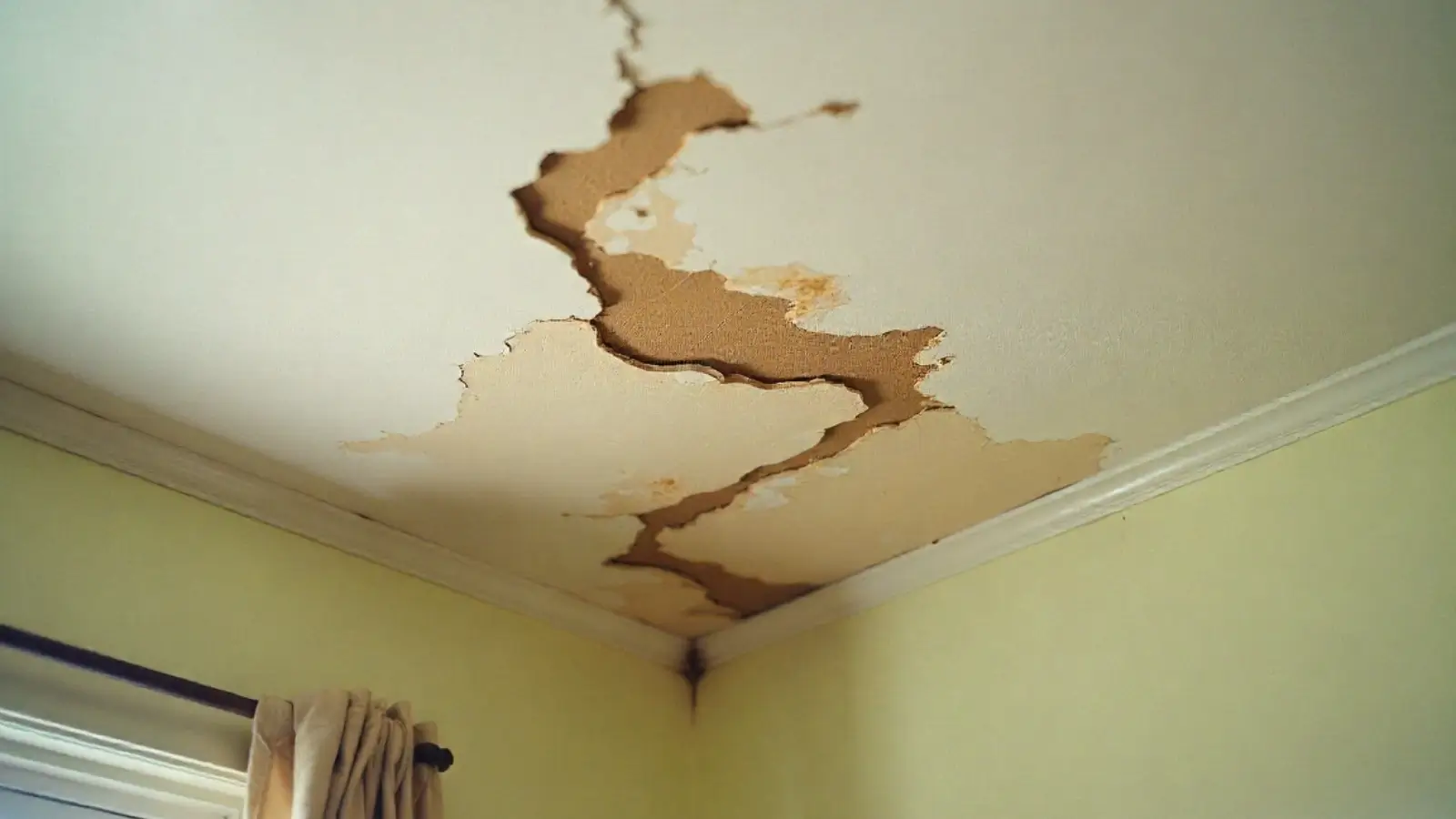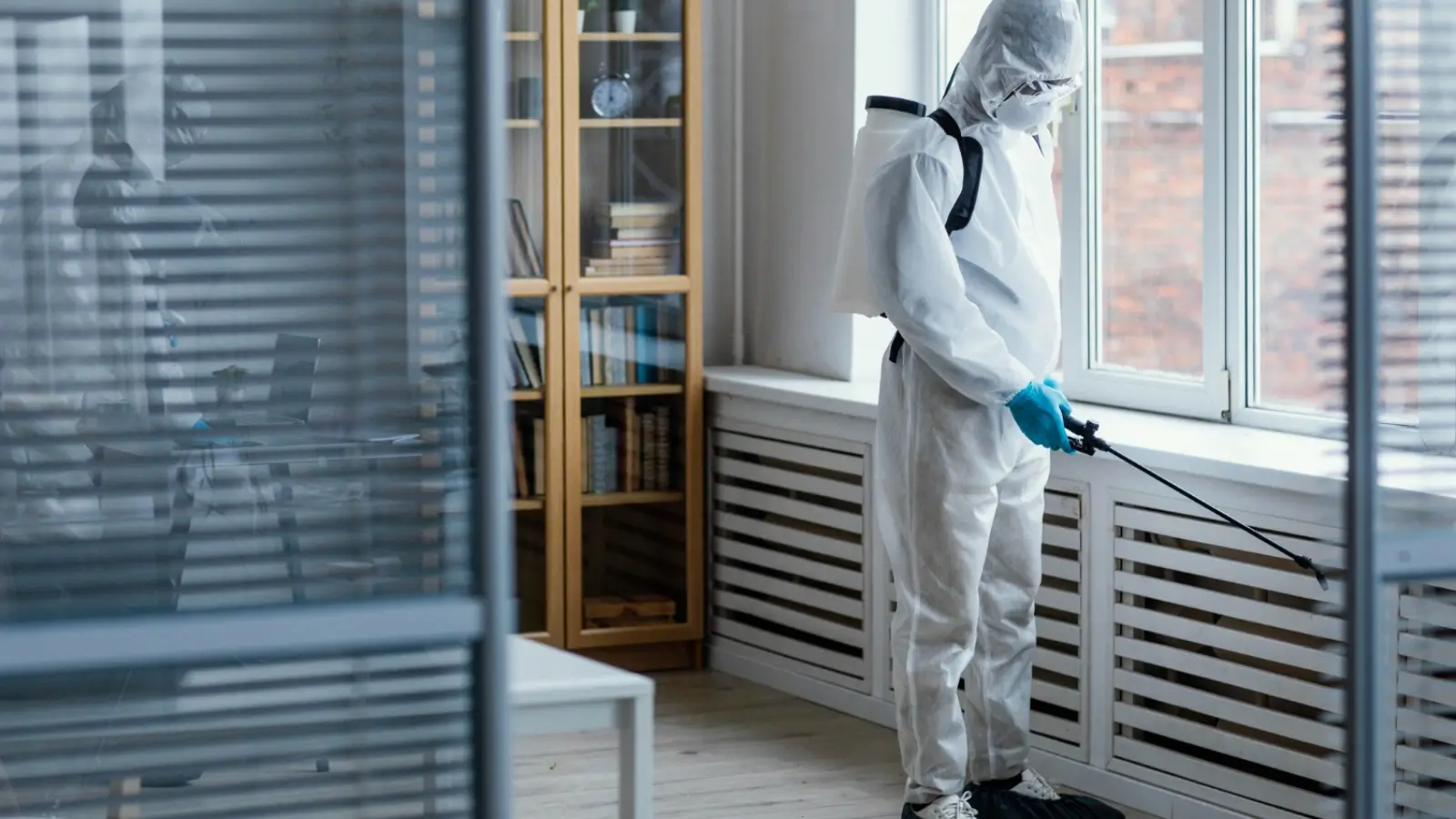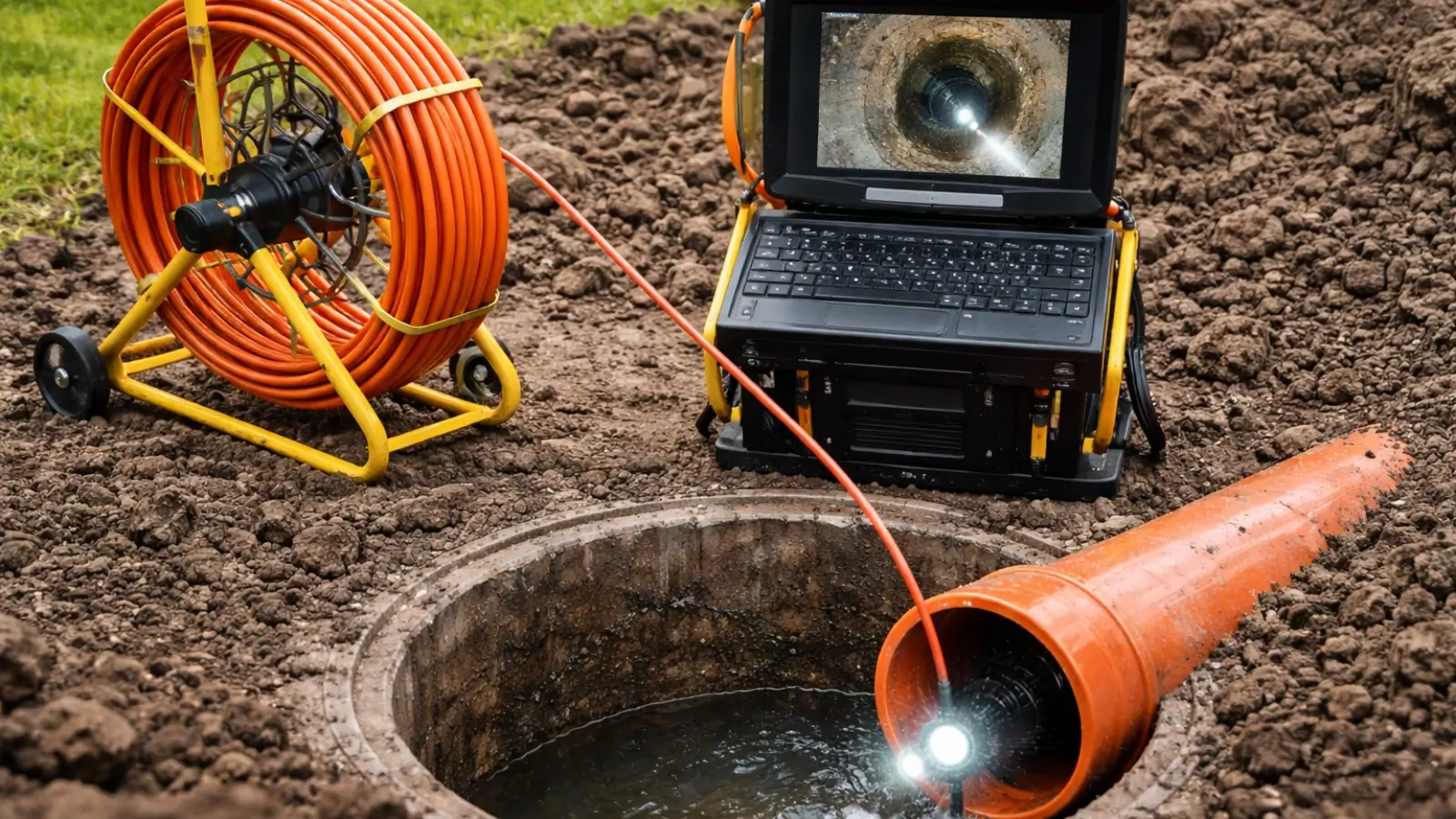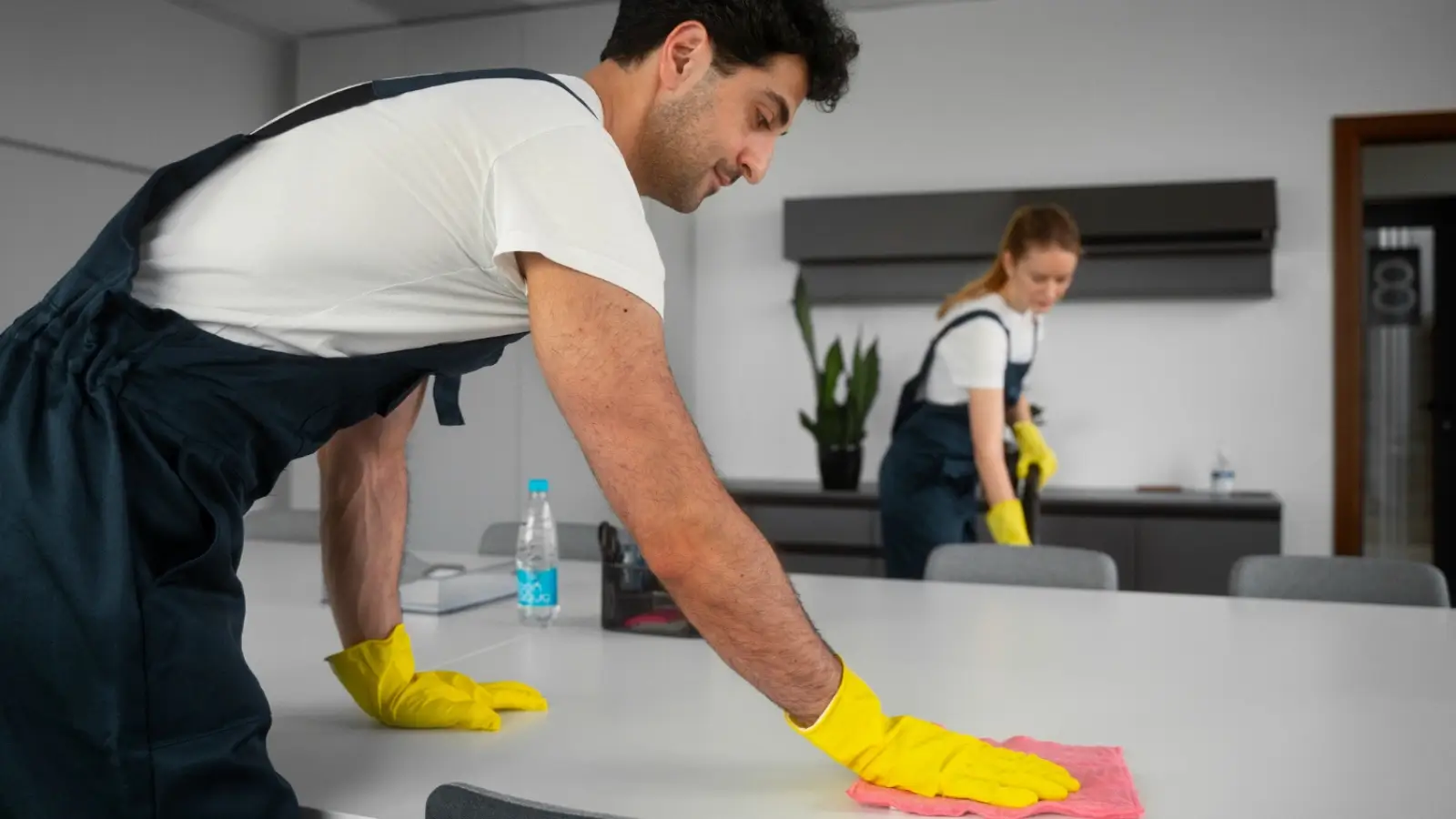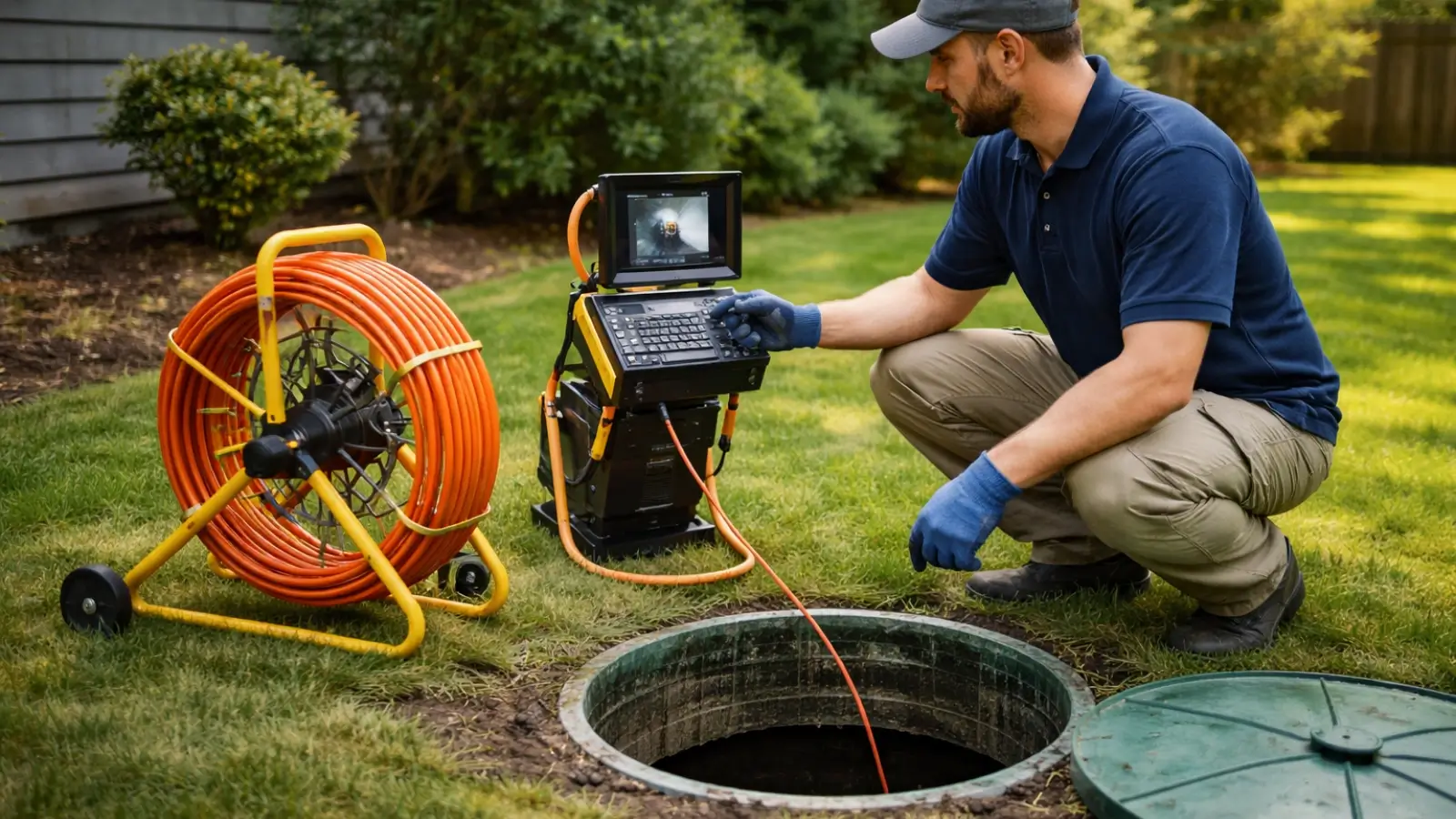Cleaning out your entire home in just a couple of days? It sounds ambitious—maybe even unrealistic. But here’s the truth: with a solid plan, the right attitude, and a few clever tricks, it’s totally doable. And yes, it can even feel good.
The goal isn’t perfection. It’s progress. By Monday morning, you could wake up in a home that feels lighter, cleaner, and far less chaotic. No more piles of paperwork. No more bursting drawers. Just space that works for your life, not against it.
And yes, you’ll need trash bags. Probably a lot of them. Large garbage bags are perfect for hauling out the things you no longer need, while smaller ones can help you sort items room by room. If you’re ready to make a change that actually sticks, keep reading.
Getting Ready Before You Start
Before anything ends up in the donation bin or the recycling pile, you need a game plan. That starts with getting your mind in the right place.
Ask yourself two questions: 1) What’s my end goal? and 2) Why now?
Maybe you’re prepping to sell. Maybe you just want less clutter to trip over. Knowing the “why” keeps you moving when you hit that mid-Saturday slump.
Gather what you need first:
-
Cleaning gloves
-
Sticky notes and markers
-
Boxes for donate, sell, and keep
-
Cleaning supplies
-
Plenty of trash bags (you’ll thank yourself later)
Make sure your weekend is as distraction-free as possible. That might mean putting your phone on Do Not Disturb. Or setting a timer so you don’t get lost down memory lane with old photos.
Plan on Friday Night
Think of Friday as the setup. You’re not tossing anything yet. You’re creating your strategy.
Start by walking through your house. Not with judgment, but with intention. Make a list of the rooms or zones you want to tackle. Prioritize the spaces you use the most or the ones causing the most stress.
Then block out time slots for each. Keep them short—30 to 60 minutes max. It’s easier to stay focused when the finish line is always in sight.
Don’t overcommit.
You’re aiming for better, not spotless. Remember, it’s a weekend sprint, not a six-month overhaul.
Declutter on Saturday, Room by Room
Saturday is when things get real. Now’s the time to grab those boxes and start sorting. Tackle one room at a time:
-
Kitchen: Start with expired food, mismatched containers, and utensils you haven’t used in years. Empty out drawers and wipe shelves before putting anything back.
-
Living Room: Declutter surfaces first—coffee tables, shelves, TV stands. Donate books you won’t re-read. Toss broken décor. Clear the floor.
-
Bathroom: Check expiration dates on skincare and medicine. Get rid of unused hair tools and empty bottles.
-
Bedroom: Strip the bed and sort the wardrobe. If it hasn’t been worn in over a year, chances are you won’t miss it.
Keep a “maybe” box if you’re unsure. But set a rule: revisit it by Sunday night or let it go.
Clean Up on Sunday with the Finishing Touches
Sunday is for the finishing rounds. You’re targeting the hidden clutter—the stuff that hides in plain sight.
Focus on smaller zones:
-
Entryway shoes and mail piles
-
Hallway closets
-
Desk drawers
-
The laundry room
-
Your car
Wipe down surfaces as you go. Vacuum. Take out the trash. It’s not just about decluttering—it’s about finishing with a fresh, clean space.
How to Decide What to Keep and What to Let Go
If you freeze every time you hold something up and ask, “Should I keep this?”—you’re not alone.
Use the yes-no-maybe rule. No “maybes” get to stay without reason. Ask yourself:
-
Have I used this in the last 6 months?
-
Would I buy this again today?
-
Does this serve a purpose or bring joy?
If the answer is no, into the bag it goes. And for sentimental stuff? Limit yourself to one small memory box per person. You can keep the memories without keeping everything.
Time-Saving Decluttering Hacks That Actually Work
Let’s be honest. Decluttering can feel endless. You start in one room, and before you know it, you're halfway across the house holding a 10-year-old souvenir you forgot you had. That’s where time-saving hacks come in:
1. Use the Pomodoro Method
Set a timer for 25 minutes of work followed by a 5-minute break. It gives your brain a rest and keeps your energy from crashing. Use a simple kitchen timer or a timer app on your phone.
2. Try the Laundry Basket Hack
It’s one of the fastest ways to keep momentum. As you declutter a room, toss anything that doesn’t belong there into a laundry basket. Don’t stop to put items away. That comes later. This keeps you from getting sidetracked.
3. Sort on the Go
Grab a few large garbage bags before starting each room. Use one for trash, one for donations, and one for items to relocate. That way, you’re not shuffling items between piles over and over again.
4. Phone a Friend or Family Member
If decision fatigue sets in, bring in backup. A second opinion can speed things up and help you be more objective about what to toss.
5. Use Labels and Sticky Notes
Label boxes or sections as “keep,” “donate,” “sell,” and “trash.” This gives you a visual system that makes sorting faster—and a lot less confusing when it’s time to haul things out.
The goal isn’t to rush—it’s to work smart. These small changes can shave hours off your weekend project and help you stay motivated from start to finish.
Where to Take the Items You Don’t Need Anymore
Now that your clutter is sorted, it’s time to get it out of the house. But don’t just toss everything into the nearest bin. With a bit of planning, you can clear your space and do some good at the same time.
1. Donate
Clothes in good condition, working electronics, furniture, books, and toys can all find new homes. Think local:
-
Thrift stores
-
Shelters
-
Churches
-
Community centers
-
School supply drives
Call ahead to check what they’re currently accepting. Some places even offer free pickup.
2. Recycle Responsibly
Not everything belongs in the trash. Sort your recyclables—especially paper, cardboard, glass, and plastics. Many cities offer curbside pickup or designated drop-off locations.
For e-waste items such as old laptops, chargers, phones, and batteries, check with electronics retailers or your local recycling center. Don’t forget: improperly disposed e-waste can harm the environment.
3. Sell Online or at a Garage Sale
If you’ve got big-ticket items or anything in excellent condition, consider reselling. Apps like Facebook Marketplace, OfferUp, and even Craigslist make it easy.
Want to go old-school? A garage sale can help you offload things fast—just be sure to advertise locally for foot traffic.
4. Trash the Unusable
Some items are just… trash. Broken items, torn clothing, expired products, or anything beyond repair needs to go. That’s where trash bags and large garbage bags come in handy. Be sure to separate them by type if your municipality has strict disposal rules.
The less clutter that sits around, the easier it becomes to fully enjoy your newly cleared-out home. Don’t delay this step. Get it out—and move on.
How to Keep Your Home Clutter-Free Long Term
Staying clutter-free doesn’t mean constantly organizing. It just means staying mindful. When you catch yourself tossing unopened mail on the table or cramming one more item into a drawer, pause. Ask if there's a better system—or if something else can go.
The good news? These habits stack up. Over time, they become second nature. A five-minute tidy here. A quick donation bag there. Before you know it, you’re not decluttering every weekend—you’re simply living in a space that works with you, not against you.
A clutter-free home isn’t about perfection. It’s about feeling at ease in your own space—and knowing that what’s in it truly belongs.










